Alexander: The Making of a God Story:-
We’re all familiar with the legendary figure of Alexander ‘the Great,’ but how well do we really know him? He’s been extensively mythologized, not just in the pages of Amar Chitra Katha comics and similar works, so it’s fitting that the new Netflix docu-drama on the Macedonian ‘boy king’ is subtitled: ‘The Making of a God.’
Movie Ratings
| Release Date | 31 January 2024 |
| Language | English |
| Genre | Documentary, Drama, History |
| Episodes | 6 |
| Cast | Buck Braithwaite, Mido Hamada, Dino Kelly, Nada El Belkasmi, Alain Ali Washnevsky, Will Stevens, Agni Scott, Steven Hartley, Jadran Malkovich, James Oliver Wheatley, Waleed Elgadi, Christopher Sciueref, Kosha Engler, Marie-Batoul Prenant |
| Writer | Jane McLean Guerra |
| Cinematography | Toby Moore, Christopher Titus King |
| Music | Taran Mitchell |
| Production | Lion Television, LionTV, Tailfeather Productions |
| Certificate | 16+ |
This Netflix series provides a glimpse into Alexander the Great’s remarkable campaign across Asia, leaving viewers eager for more. It’s thrilling to see Alexander portrayed on screen, as there are few shows dedicated to him. However, the series focuses solely on the rivalry between Darius III and Alexander. Will we have to wait for a second season to delve deeper into his story? Nevertheless, “Alexander: The Making of a God” is a significant contribution to making our hero’s tale accessible to a wider audience.
Philip Freeman’s book about “Alexander the Great” is one of the few that transforms the hero’s biography into a narrative. Now, more than a decade later, Netflix has finally brought this larger-than-life historical figure to the small screen.
British actor Buck Braithwaite breathes life into Alexander the Great, and let’s face it, he’s way more attractive as a blonde. He embodies the role perfectly, forever imprinting himself as Alexander in our minds (previously, I always pictured him as just a statue). While Hephaestion should have been taller and more handsome than Alexander, I’m not opposed to Will Stevens portraying the general/lover of Alexander. Their chemistry on screen is undeniable. And can we talk about Dino Kelly as Ptolemy? It’s like a gathering of gods from Egypt.
Of course, there’s been controversy from certain quarters regarding the sexual relationship between Alexander and Hephaestion, revealing either ignorance or a deliberate attempt to ignore historical evidence (the former seems more plausible). Alexander’s relationships with men were well-documented by ancient and modern historians, including his liaison with a eunuch named Bagoas, who was a sex slave of Darius III, among others.
As Robin Lane Fox wrote in his 2013 book: “Hephaestion was the man whom Alexander loved. He was only defeated once, the Cynic philosophers said long after his death, and that was by Hephaestion’s thighs.” While this may be shocking to some, in ancient Greece, there were no rigid labels – relationships were simply part of being sexual, as one expert in the show aptly explained.
When Hephaestion passed away, Arrian of Nicomedia recounted how Alexander “flung himself on the body of his friend and lay there nearly all day long in tears, and refused to be parted from him until he was dragged away by force by his companions.” Soon afterward, Alexander succumbed to overwhelming grief. Additionally, there’s the peculiar anecdote of Alexander’s naked horseback riding in Troy. However, since the series didn’t even depict their intimate moments in a Fellow Travelers-style, why all the fuss?
“Alexander: The Making of a God” has a narrow focus, concentrating solely on the rivalry between Darius III and Alexander. While the battles are elucidated in detail by experts, including Alexander’s ingenious military tactics, the discussions lack the thrill compared to “Rise of the Empires: Ottoman.” The series overlooks the detailed portrayal of Greece’s consolidation and fails to highlight the significant cultural diffusion and syncretism resulting from Alexander’s campaigns.
A standout aspect of the series is its exploration of Alexander’s ambition and vision, delving deep into his psyche to reveal the driving forces behind his unyielding quest for conquest and glory. Through compelling performances and dialogue, viewers are immersed in the mind of a man destined for greatness.
Beyond the grandeur of epic battles, the series delves into the personal struggles and complexities of Alexander’s character, showcasing his diplomatic skills, mastery of intrigue, and revolutionary innovations in warfare. Alongside the exploration of his relationships with friends, lovers, and rivals, the series paints a nuanced portrait of a man singularly focused on fulfilling his divine destiny.
The series takes several liberties, including the dramatization of Philip II’s death (during the games, not a wedding), and the Egyptian campaign has been embellished to elevate a certain character’s relevance. It’s worth noting that Alexander would have been well-informed about Egypt’s status without the assistance of any Persians, queen or not. There are also moments of levity, such as Ptolemy’s apparent ignorance of Greek stories, contrasted with Hephaestion’s explanations in Alexander’s presence. The portrayal of the general Parmenion has been softened in this rendition, almost rendering him friendly.
The inclusion of the Oracle and a National Geographic-style documentary within the series feels somewhat out of place. While the Oracle’s voiceover adds to the mystique of Alexander’s story, the ongoing search for Alexander’s tomb, led by Greek archaeologist Pepi Papakosta, brings his narrative into the modern world, suggesting the possibility of a separate show dedicated to this endeavor.
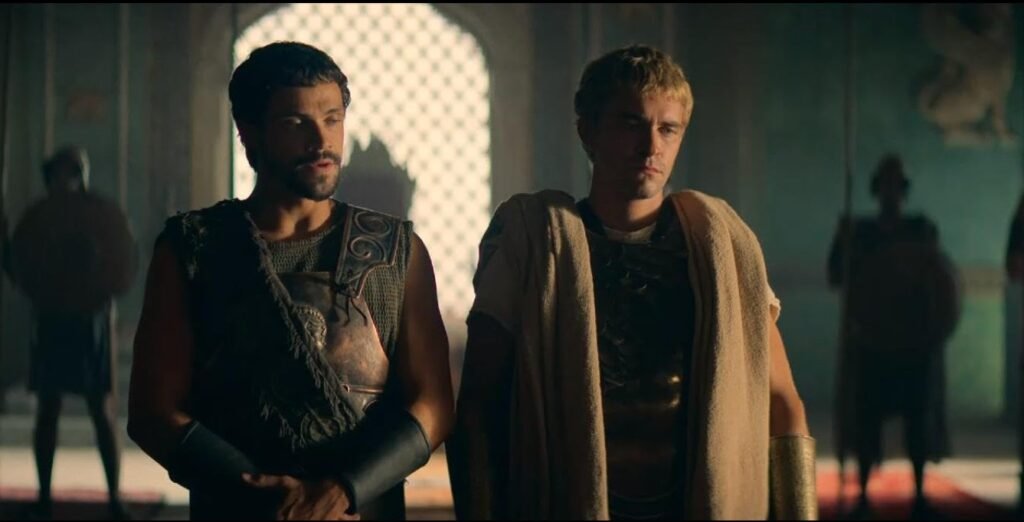
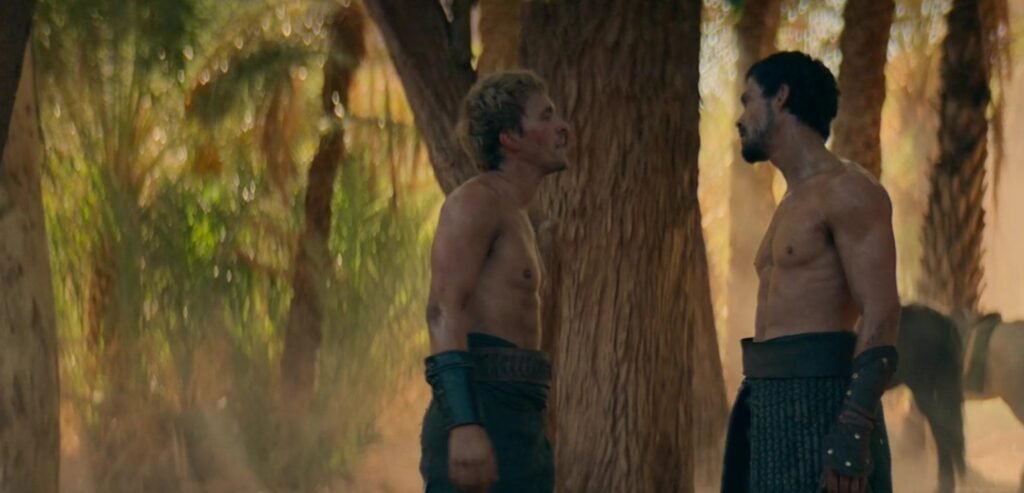
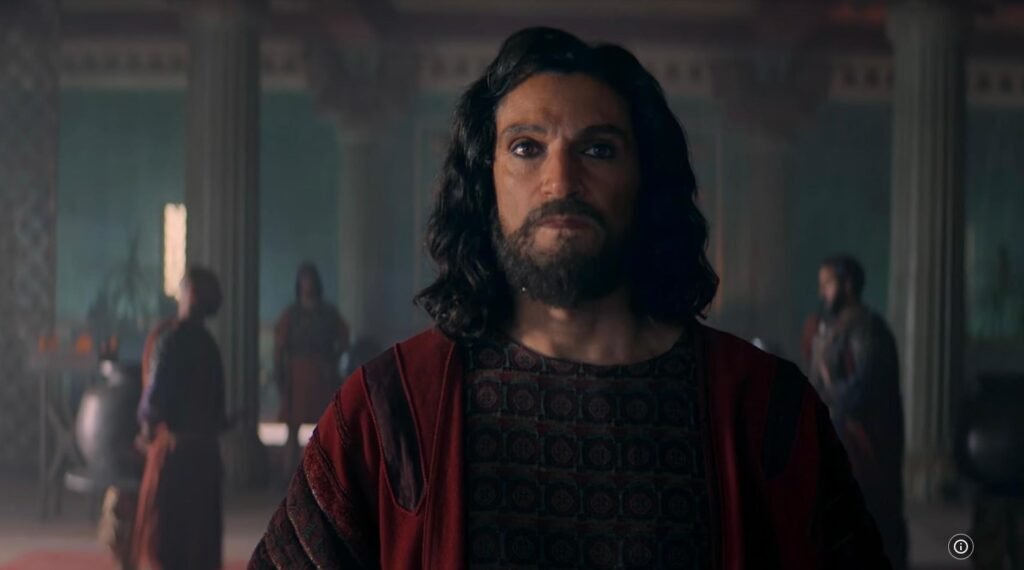
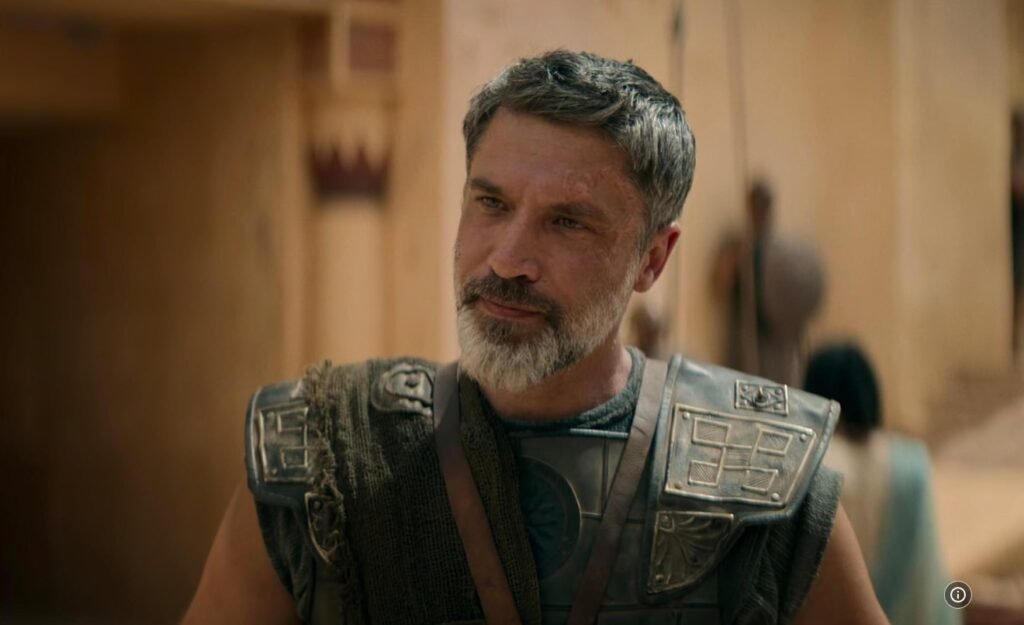
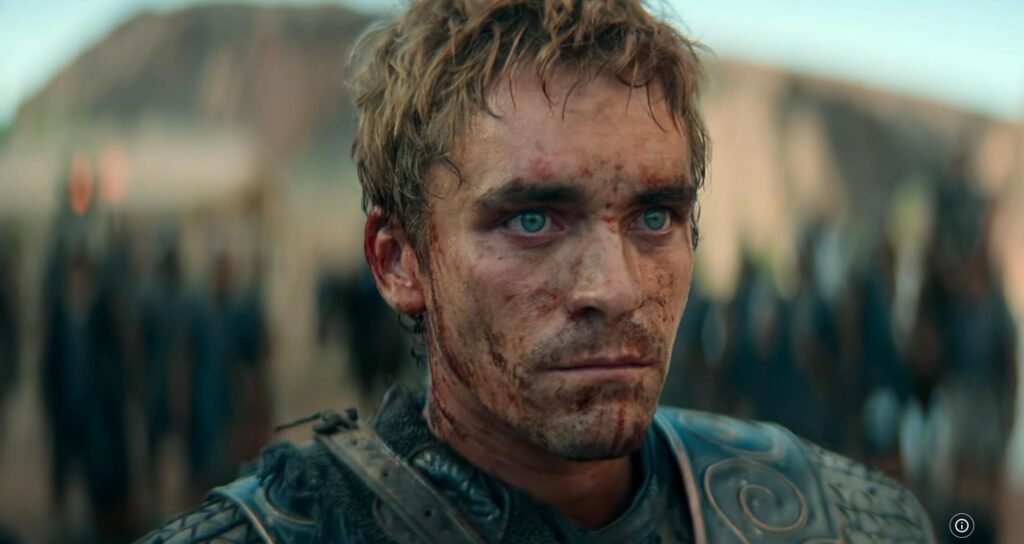
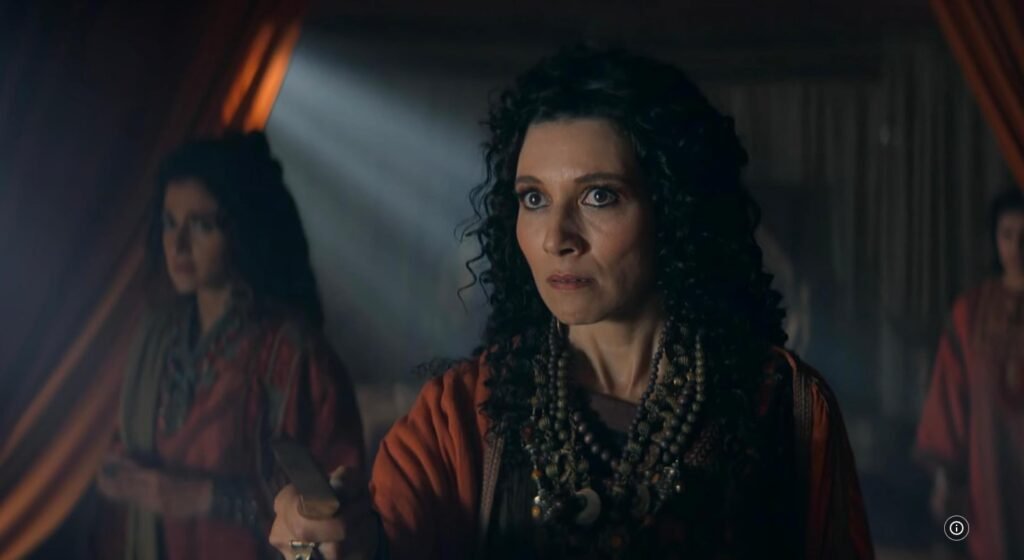
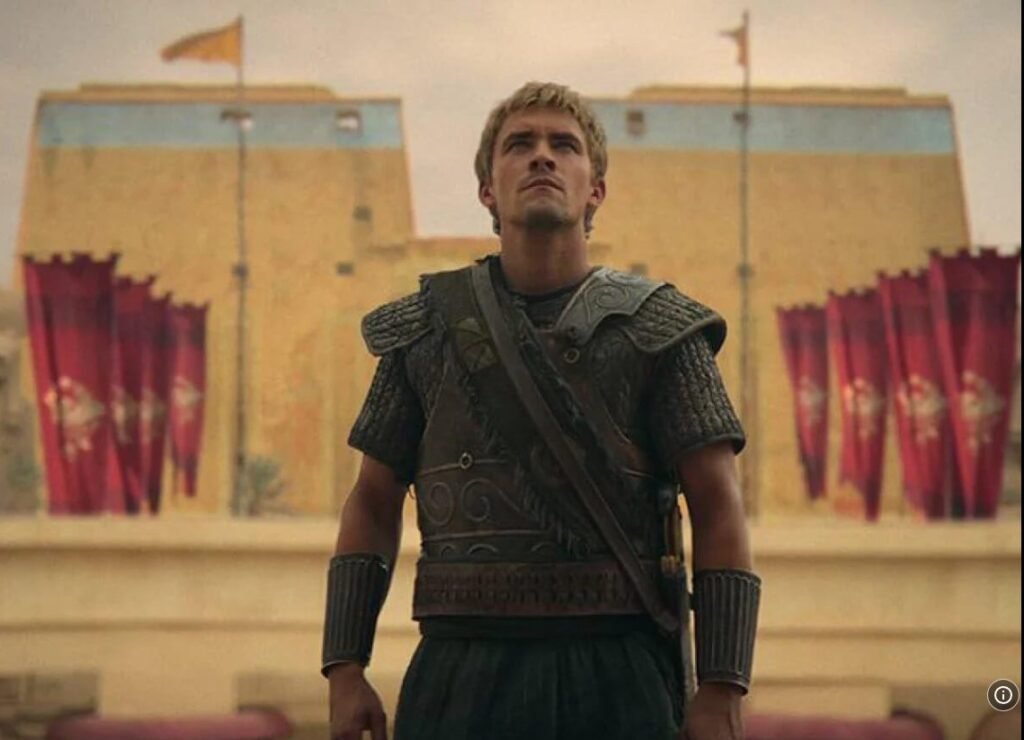
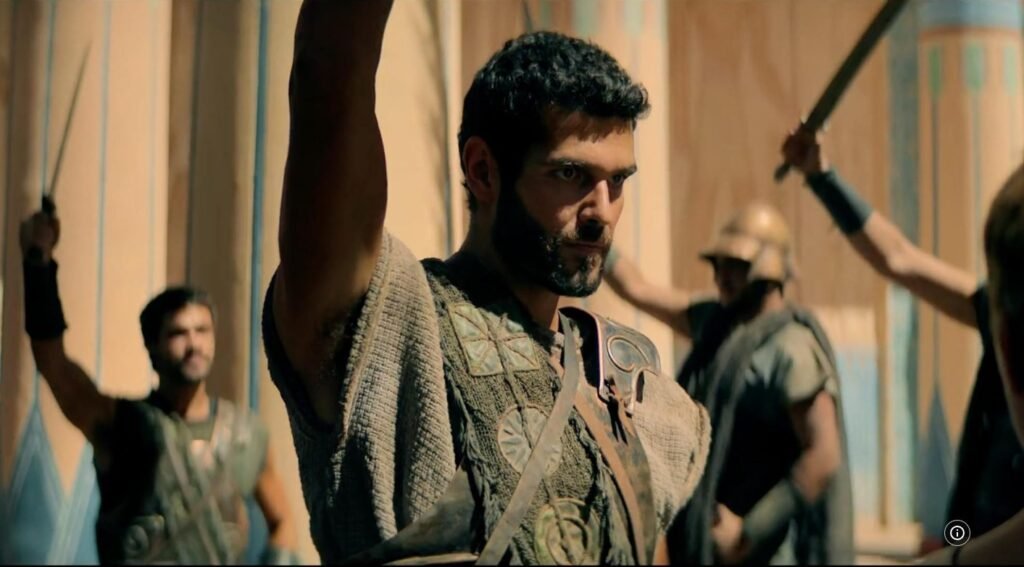
Greetings! Very useful advice within this post!
It’s the little changes that make the largest changes.
Many thanks for sharing!
casino en ligne
Excellent post however , I was wanting to know if you could write a litte more on this subject?
I’d be very thankful if you could elaborate a little bit
further. Thanks!
meilleur casino en ligne
Excellent beat ! I wish to apprentice while you amend your site, how could i subscribe
for a blog website? The account helped me a acceptable deal.
I were tiny bit acquainted of this your broadcast offered bright clear idea
casino en ligne
Aw, this was an incredibly nice post. Finding the time and actual effort to create
a good article… but what can I say… I
procrastinate a whole lot and don’t manage to get anything done.
meilleur casino en ligne
whoah this weblog is fantastic i like reading your posts.
Keep up the good work! You recognize, a lot of persons are searching around for this information,
you could aid them greatly.
casino en ligne France
Excellent, what a blog it is! This web site provides
valuable facts to us, keep it up.
casino en ligne
Very descriptive post, I enjoyed that bit. Will there be a part
2?
casino en ligne France
Hello there, I do think your blog could be having browser compatibility
problems. When I look at your website in Safari, it looks fine but when opening in I.E., it’s got some overlapping issues.
I just wanted to give you a quick heads up! Besides
that, fantastic site!
casino en ligne
you’re in reality a good webmaster. The site loading
speed is amazing. It kind of feels that you’re doing any distinctive trick.
Moreover, The contents are masterpiece. you’ve done
a excellent process on this matter!
casino en ligne
Thanks to my father who informed me about this website, this blog is actually remarkable.
casino en ligne